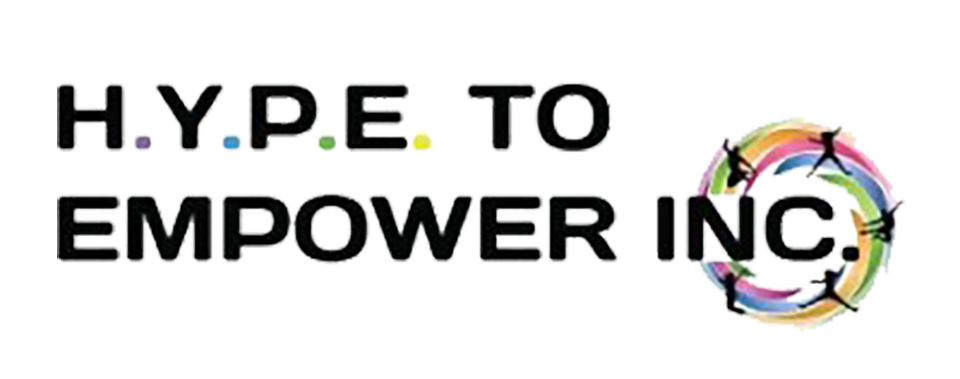Likange to Care for HIV-positive individuals is needed to establish a solid care plan and routine to maintain good health and well-being. Regularly seeking primary care services is highly beneficial as it helps improve overall health and significantly reduces the risk of transmitting the virus to others. By actively engaging in appropriate medical care, individuals with HIV can better manage their health. Therefore, it is crucial to access Linkage to Care for HIV-positive individuals to ensure they receive the necessary care.
What is Linkage to Care?
Linkage to Care (LTC) is a program that provides intensive case management specifically designed for individuals who have been recently diagnosed with HIV within the last 12 months or who have fallen out of care. The program works closely with newly diagnosed individuals or those out of care to help them understand their HIV diagnosis, get them scheduled to see an HIV primary care doctor, and make referrals for any needed services.
● One of the most critical steps toward a successful HIV treatment plan is to be taken carefully.
● The goal of linkage to care is for HIV-positive individuals to seek medical care within 30 days of diagnosis and continue care after that.
What is Antiretroviral Therapy (ART)?
● When taken as prescribed by your healthcare provider, this medication helps to reduce the amount of HIV in your body.
● For individuals newly diagnosed with ART, starting with pill treatment is recommended before transitioning to injection.
How Does ART Work?
● Reduces the amount of HIV in a person's blood, known as viral load, for HIV-positive individuals.
● "Effective treatment can significantly reduce the level of virus in the body to such an extent that it becomes undetectable."
● An undetectable viral load prevents HIV transmission during sex.
How Can I Access Linkage to Care?
To start your Linkage to Care, kindly click on the button below.
Who Should Get Tested for HIV?
The CDC recommends that everyone between the age of 13 and 64 years old should get tested for HIV at least once.
How Long Does an HIV Test Take?
Tests usually take 30 minutes or less, depending on the test being administered.
How Can I Access FREE HIV Tests?
Click the button below to access FREE HIV tests in Georgia.
Are there different kinds of condoms?
Yes, there are internal and external condoms. Internal condoms are used for vaginal and anal sex. It is a pouch made of latex and can protect you from HIV transmission. External condoms are worn over the penis during sexual intercourse and can also protect you from HIV transmission.
Where Can I Get Condoms?
They can be purchased at stores or picked up from your local health department.
How Can I get FREE Condoms?
Click the button below to gain access to free condoms.
Is PrEP safe to use?
Yes, there are internal and external condoms. Internal condoms are used for vaginal and anal sex. It is a pouch made of latex and can protect you from HIV transmission. External condoms are worn over the penis during sexual intercourse and can also protect you from HIV transmission.
How much does PrEP cost?
- PrEP is covered by most insurance plans and Medicaid programs.
- The Affordable Care Act has allowed for free access to PrEP through most insurance plans.
- There are other programs that provide Free PrEP to individuals who qualify as well as Co-pay assistance programs.

